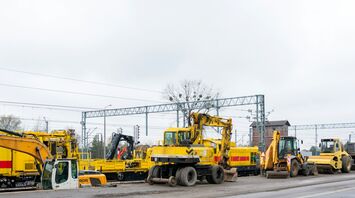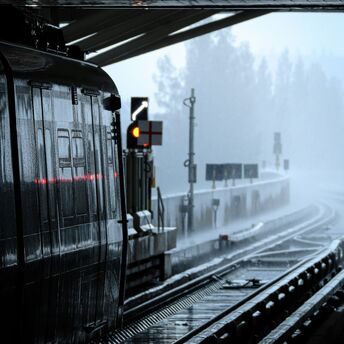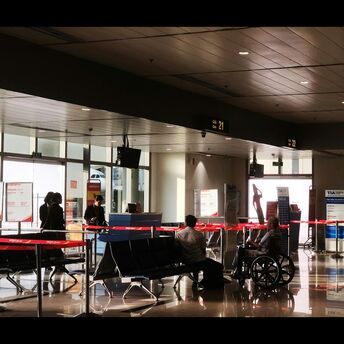Portsmouth Rail Closures: Impact on Travel Plans

Portsmouth rail passengers will see major disruption to their journeys as this starts 15 to 21 January 2025 due to essential Network Rail engineering works. Trains between Portsmouth, Havant and Fareham will be withdrawn during this time with affected services replaced by buses on upgraded tracks. The upgrades are designed to better track maintenance, enhancing the reliability of service across the region and renew railway infrastructure. But the forced closure will put commuters and visitors alike that seek to access Portsmouth.
The project comprises a few changes and upgrades, for example Portcreek Junction will have new 390 meter track and 450 meters conductor rail, Landport Viaduct reinforced using a long-lasting synthetic material, refinishing tracks at Bedhampton level crossing. Trees currently blocking or near-colliding with highways on key routes are also expected to be removed by engineers to boost safety and lessen leaf-storms delays. Another will see Fratton foot bridge also upgraded to meet modern safety guidelines. The upgrades are expected to improve the sustainability of long-term travel and decrease disruptions due to ageing infra The.
For travelers, these disruptions mean extended journey times and potential inconvenience when accessing Portsmouth’s transport hubs. Those planning to reach Portsmouth International Port for ferry services should allow extra time and explore alternative routes, such as traveling via Southampton, which offers rail and coach links to Portsmouth. Tourists heading to the city’s attractions, including the Historic Dockyard and Southsea, should check transport updates in advance and consider flexible itineraries.
Passengers relying on rail connections during this period should monitor updates from operators such as South Western Railway, Great Western Railway, and Southern. Rail replacement buses will run, but capacity may be limited, especially during peak travel hours. Booking alternative transport options or adjusting travel dates may help avoid unnecessary delays. Travelers should also consider using taxi services or rental cars for shorter distances, particularly for reaching ferry terminals on time.
While these disruptions will pose short-term challenges, the long-term benefits of the railway upgrades include smoother, quieter, and more reliable journeys. The improvements will reduce the need for temporary speed restrictions, enhancing overall travel efficiency. For those affected, planning ahead, checking real-time transport updates, and exploring alternative routes will be key to minimizing disruption.



















